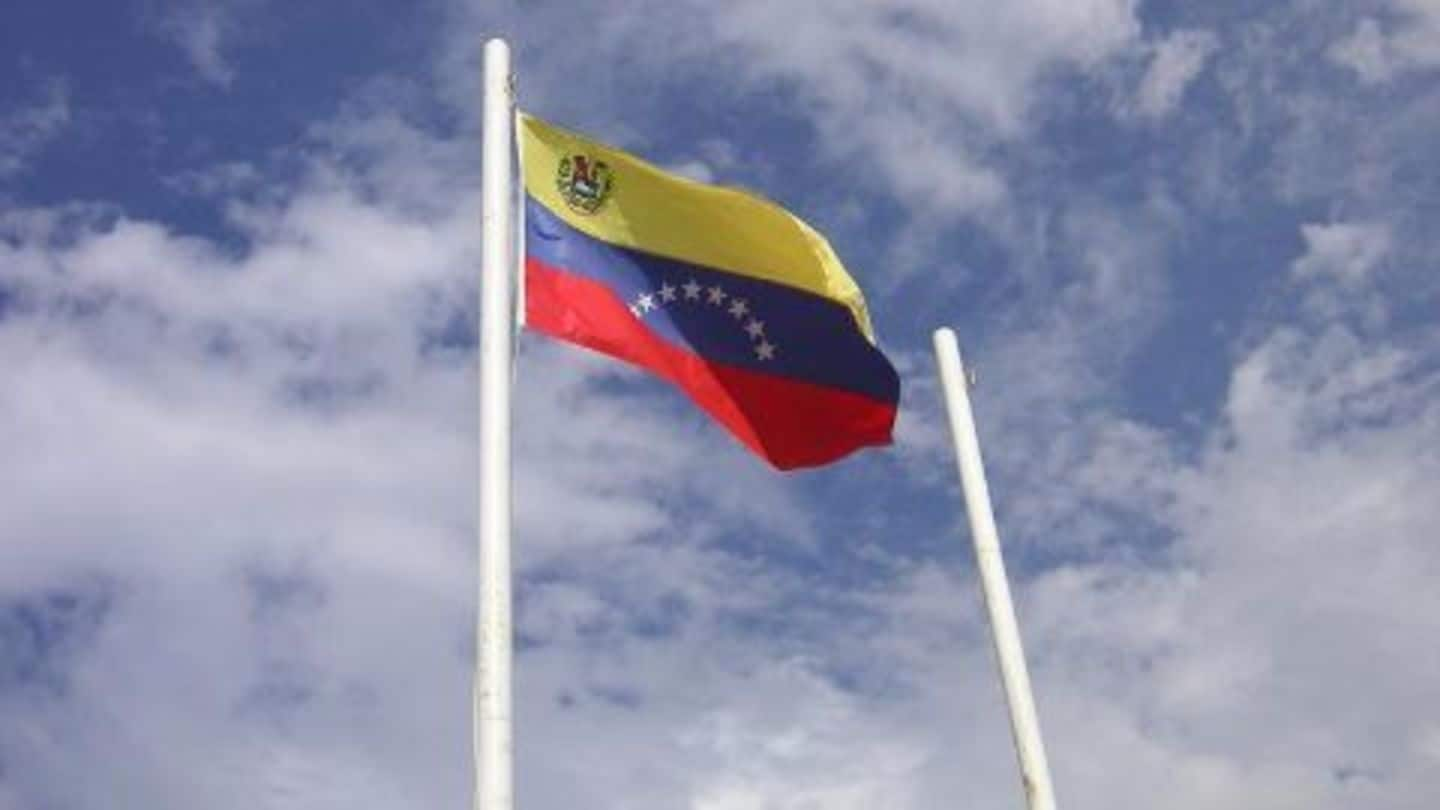
Opposition wins parliamentary majority in Venezuela
What's the story
As polling ended in Venezuela's National Assembly elections, the National Election Commission announced that the opposition secured a parliamentary majority with 99 seats. The Socialists won 46 seats and President Maduro said he recognized "the adverse results" and acknowledged his party's defeat. Socialists loyal to former President Hugo Chavez have ruled Venezuela since 1998 and the results signal an end to socialism in Venezuela.
1998
Hugo Chavez elected to power
In the 1980s, under President Andres Perez, a fall in crude oil prices created an economic depression in Venezuela. In 1992, amid widespread disenchantment and protests, Hugo Chavez, a Colonel in the Venezuelan Army attempted 2 coups following which he was arrested and pardoned in 1994 In 1998, Chavez was elected to power and launched the 'Bolivarian Revolution' and introduced a socialist constitution.
Information
What is socialism?
Socialism is a political system characterized by social (common) rather than private ownership of means of production, land, resources etc. Exercising democratic control over these resources is a key aspect of socialism.
1998-2002
Chavez's reforms and ouster
A defining aspect of Chavez's rule was an outright defiance of US foreign policy and interests in Venezuela. In 2001, Chavez announced land and oil industry reforms which diluted the National Assembly's powers and consolidated his. In 2002, several anti-government protesters were killed in clashes with the National Guard. The military high command announced Chavez's resignation and took him into custody in 2002.
2002-2013
Chavez returns to power
The interim government collapsed in 2002 and Chavez came back to power. Chavez introduced several socialist reform laws and nationalized the oil & gas sector and several central banks. He cultivated and maintained close bilateral ties with Iraq, Iran and Russia in defiance of US warnings against doing so. He was voted to power for four successive Presidential terms until his death in 2013.
Death
The death of Hugo Chavez
In 2011, Chavez revealed that he was suffering from cancer and traveled to Cuba extensively for treatment. In 2012, Chavez claimed he had fully recovered from cancer and won the Presidential election. Soon afte,r he stated that he would be traveling for more medical treatment as the cancer relapsed. On 5 March 2013, Chavez died in Caracas and Vice President Maduro was appointed President.
Information
Nicolas Maduro- the high and the low
In 2013 Maduro's public approval rating stood at 45-50% due to Hugo Chavez's endorsement of him. By the end of 2014, it plummeted to a mere 24% due to deteriorating economic conditions.
2013-2015
Protests, arrests and elections
In 2013, reeling under 50% inflation, the assembly gave Maduro emergency powers, a move widely protested by the opposition and civilians. In 2014, student protests began over deteriorating economic conditions and rising crime and several protesters were killed in government action. The Venezuelan economy continued to slow down with falling oil prices and protests against government policies continued into late 2015.